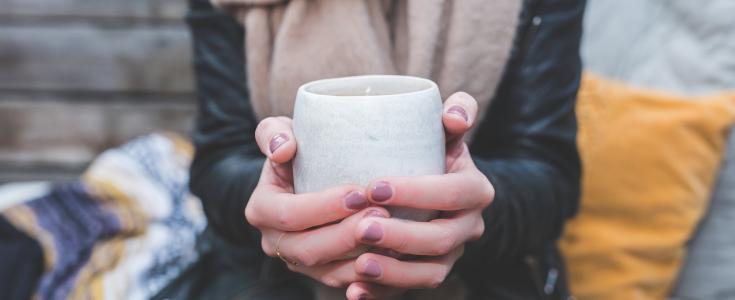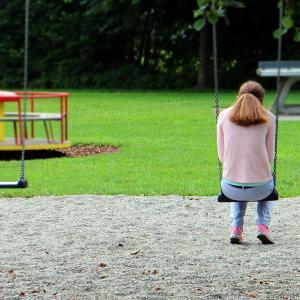These Herbal Remedies Can Help Ease Your Anxiety
Should I try an herbal remedy for anxiety?
People are interested in herbal remedies for anxiety for a variety of reasons--some of the most common is a desire to avoid taking pharmaceutical drugs, an interest in taking a new approach when a conventional therapy isn’t working as well as desired, and wanting to avoid visiting a doctor for a prescription or other guidance.
Herbal remedies can be helpful in these situations, but it’s important to recognize that just because a substance is “herbal” doesn’t mean it is safe in all circumstances or dosages. It is still best to partner with a medical professional in deciding on herbal treatments, and crucial that you tell your doctor about any herbs you are taking to avoid potential interactions.
Common Herbal Remedies
The most common herbal remedies for anxiety are;
- Kava
- Passionflower
- Valerian
- St. John’s Wort
While all these have been studied to some extent, only kava has been shown to be of significant benefit in the management of anxiety.
Kava can be taken in a beverage, extract, capsule, tablet, or topical solution. And kava is available in the United States, but the FDA has issued a warning about a link between the use of the herb and severe liver damage. It seems to be safe in people with healthy livers when taken at the recommended dosages for up to six months, but more studies are needed to be sure.
Valerian may be helpful for insomnia and appears to be safe for short-term use (4-6 weeks), but long-term safety is unknown.
St. John’s Wort has been shown to improve mild depression and seems to be safe with the exception of some potentially serious drug interactions.
While valerian, St. John’s Wort, or passionflower may help some people with anxiety, most scientific studies have found only small or inconsistent effects on anxiety.
Photo: Pixabay









